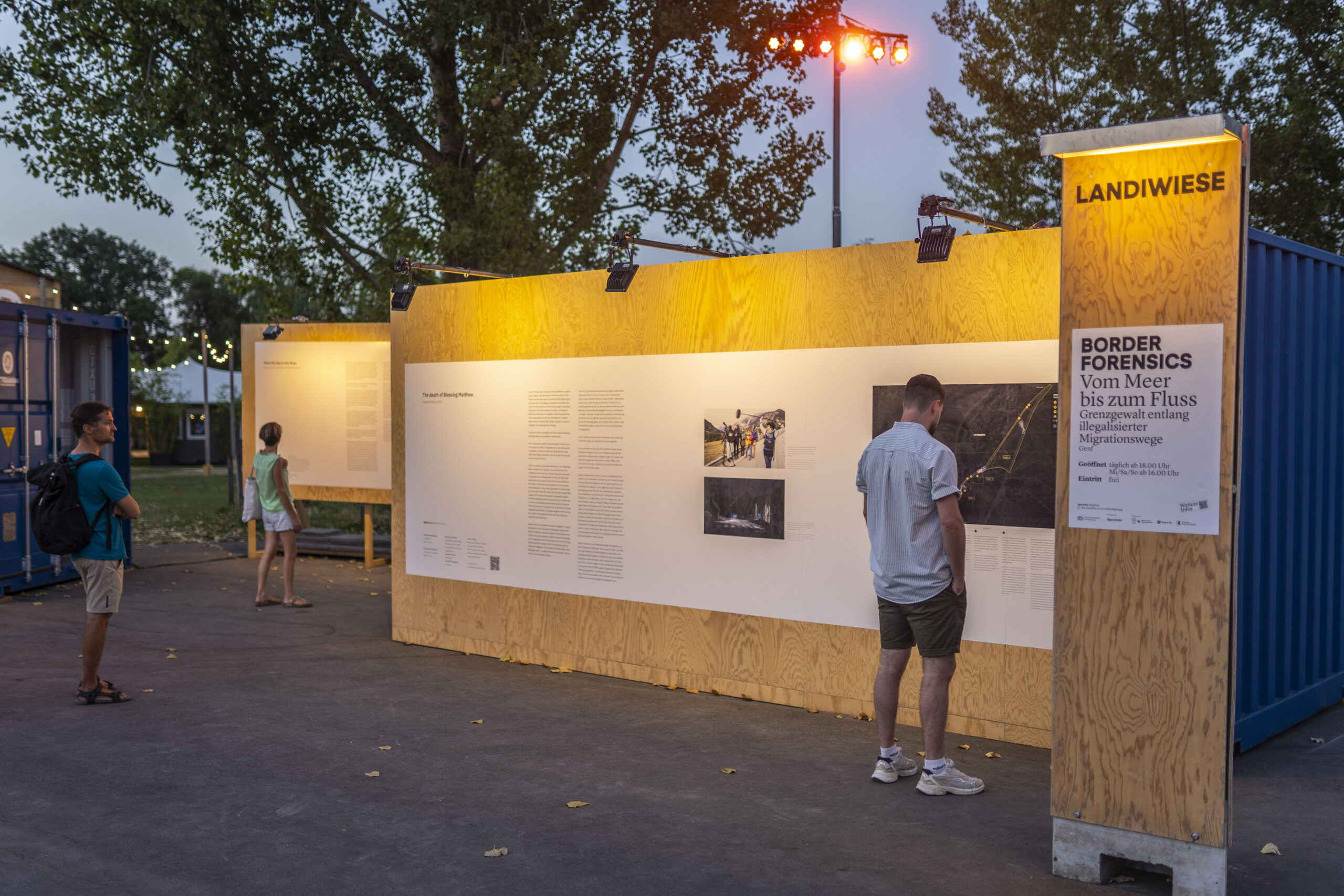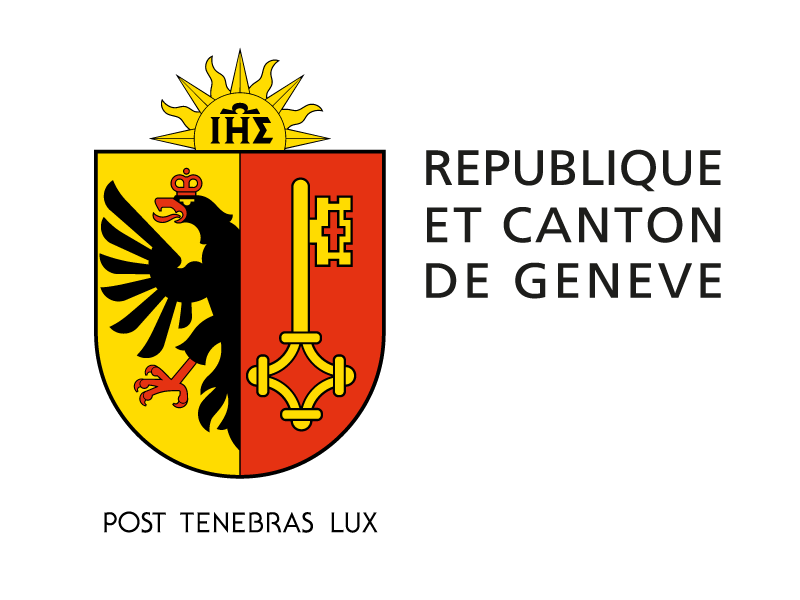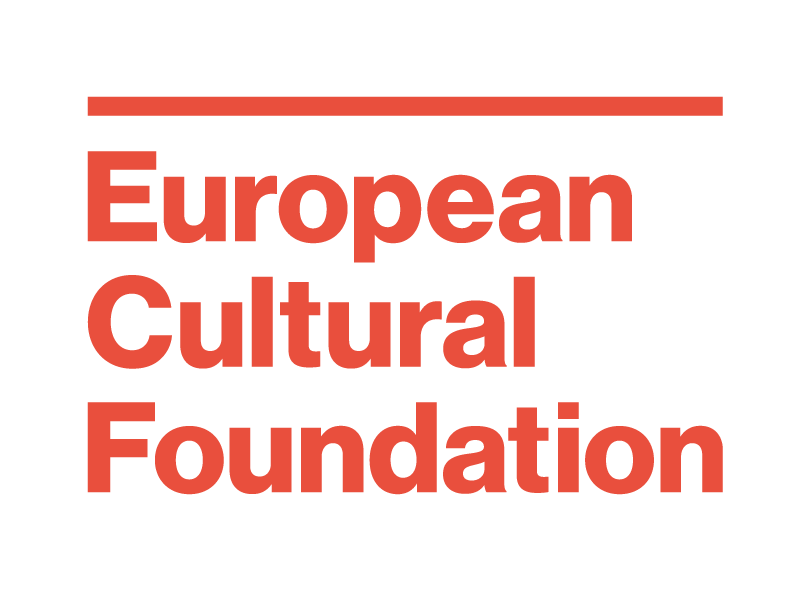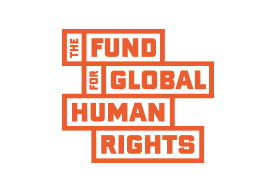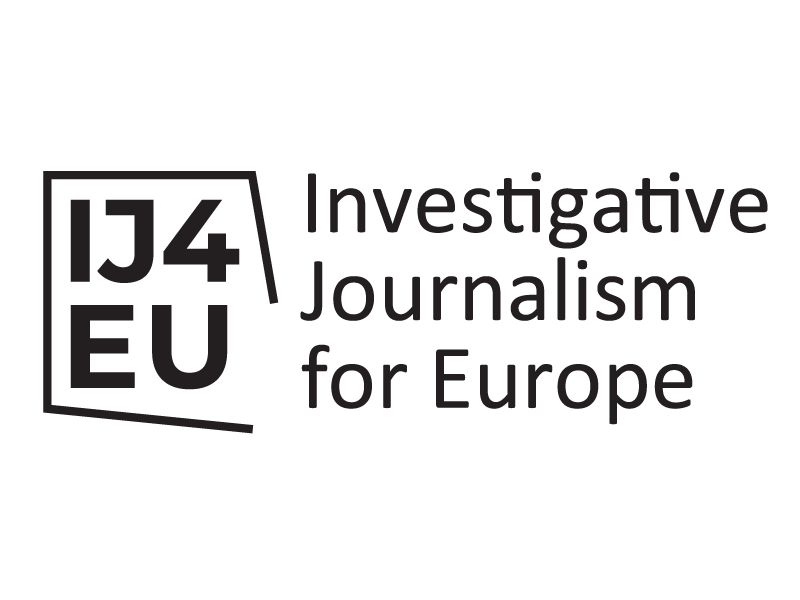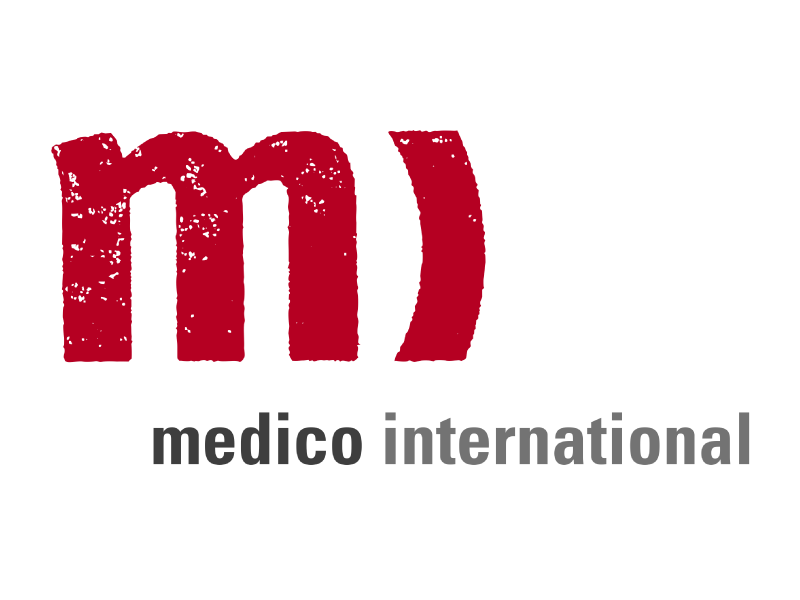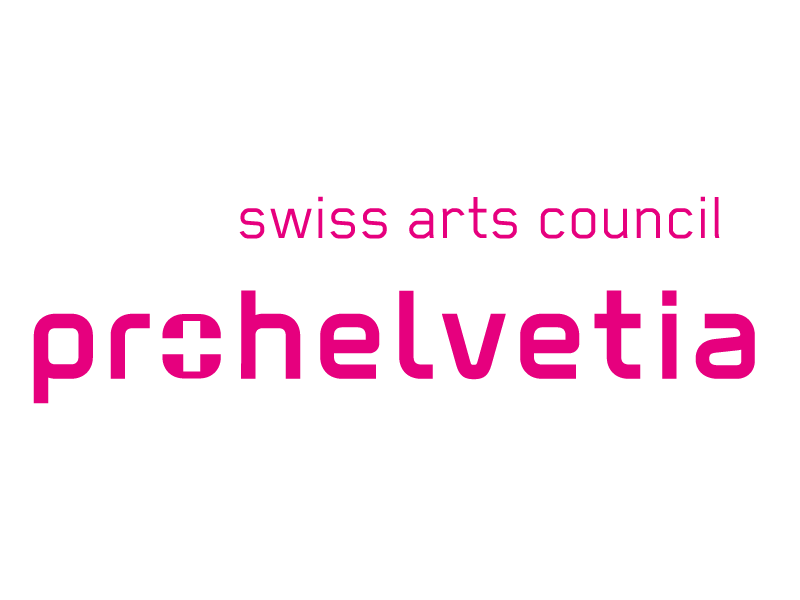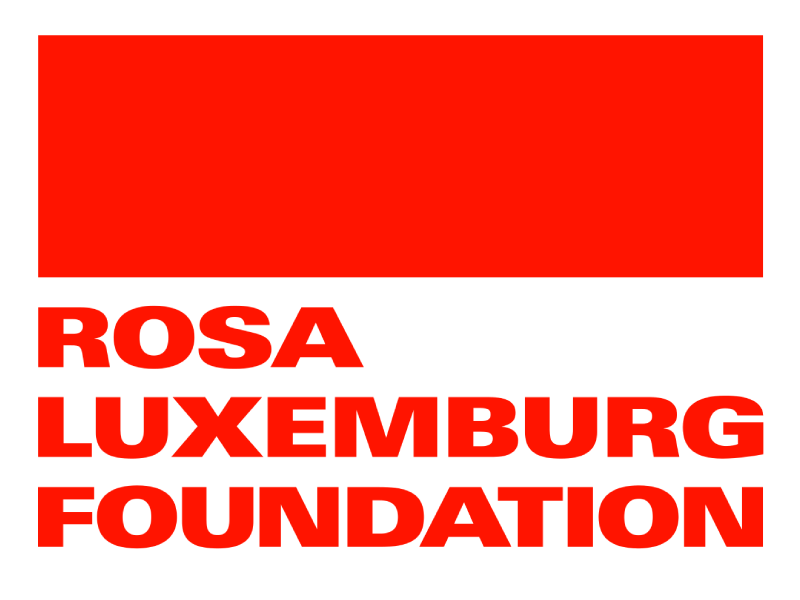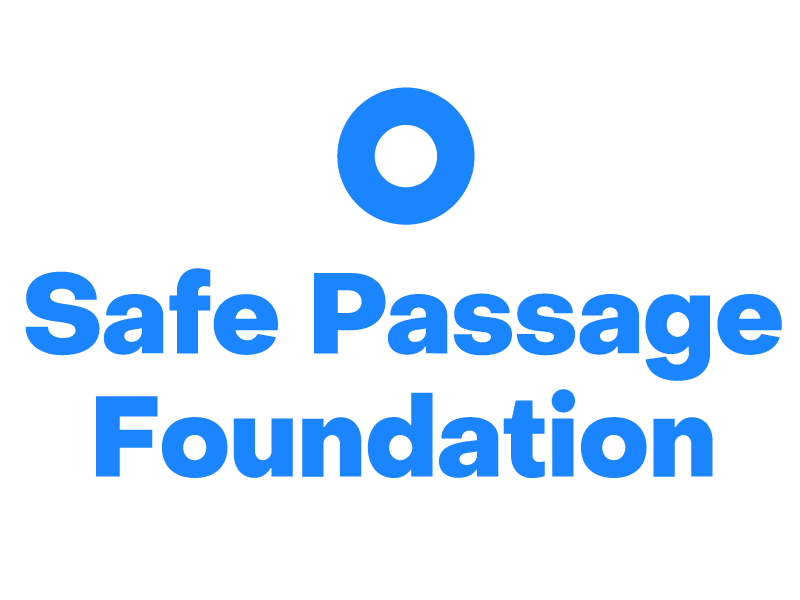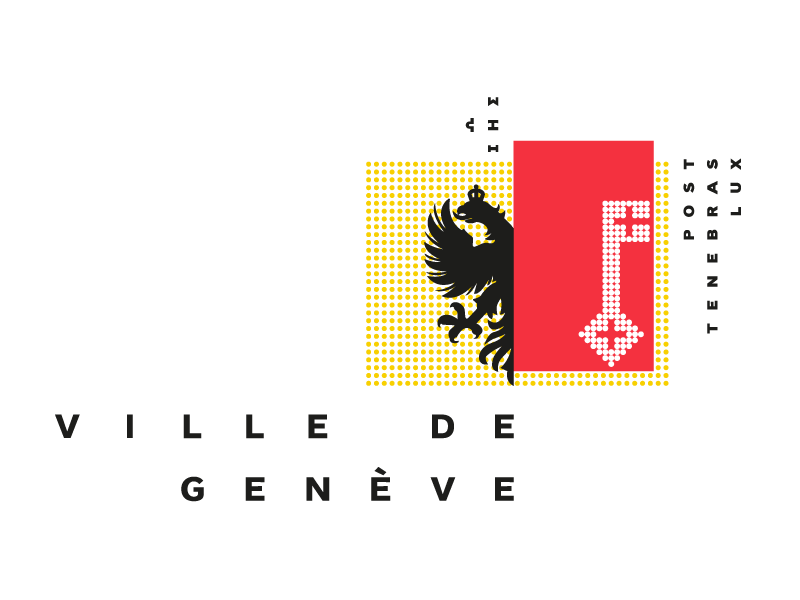Border Forensics is an agency mobilising innovative methods of spatial and visual analysis to investigate practices of border violence, wherever this violence might take place. Working collaboratively with migrant communities and non-governmental groups, we aim to promote and defend the dignity and rights of migrants and to foster mobility justice.
Border Forensics builds upon the work that we have conducted over the last 10 years within the Forensic Oceanography project, through which we have sought to critically investigate the militarised border regime imposed by European states across the EU’s maritime frontier. While the Mediterranean remains one of the deadliest border zone in the world, we have set up Border Forensics as a non-profit association based in Geneva to conduct research and carry out investigations with and in support of communities exposed to border violence – broadly understood as the different forms of harm resulting from the existence and management of borders, wherever this violence takes place.

We operate at the intersection of four different domains. In our critical Human Rights work, we generate evidence of violations and contest the (il)legality of bordering practices, all the while interrogating and challenging the limits of strategic litigation and forensic work. Technology provides us with the practical tools and know-how to understand how border surveillance operates and devise new tools of documentation that can be shared with non-governmental groups fighting border violence. Our Research allows us to locate particular practices of border violence within a broader social and historical context of highly uneven (im)mobilities. It also provides a critical space to interrogate the ethical and political dilemmas that we encounter in our work. Arts and Architecture based strategies provides us with crucial means of visual and spatial spatial analysis. Through exhibitions and public events, we explore how borders themselves operate visually and spatially, all the while attempting to challenge the boundaries of what can be seen and heard.
Border Forensics produces human rights reports, maps, video reconstructions and other visualisations that ground demands of accountability for the violation of migrants’ rights and support claims for the identification of the deceased. Our findings have been presented in national and international courts and people’s tribunals, discussed in parliaments and political assemblies of various kinds, published in the international press and academic journals, and featured in exhibitions and public events.
CONTACT
Border Forensics
Rue des Savoises 15, 1205 Genève, CH
E-mail: info@borderforensics.org
TEAM
Research Director:
Charles Heller
General Manager:
Elio Panese (ad interim)
Public Visibility Coordinator:
Jelka Kretzschmar
IT:
Jelka Kretzschmar (tools and infrastructure)
Luca Obertüfer (infrastructure maintenance)
Moraad Taleeb (web development)
Co-investigators:
Sarah Bachellerie, Sam Chambers, Cristina Del Biaggio, Elio Panese,
Tara Plath, Giovanna Reder, Rhoumour Tchilouta, Elsa Tyszler
Digital Cartographers:
Nico Alexandroff
Jack Isles
Svitlana Lavrenchuk
Geospatial analysis:
Stanislas Michel
Sam Chambers
Remote sensing:
Rossana Padeletti
Documentary film-making:
Frédéric Choffat
Technical advisors:
Ariel Caine, Christina Varvia
Past team members:
Lorenzo Pezzani (co-Director)
Cathy De Haan (General Manager)
Yazid Debbich (Strategic Advisor)
Basma Shami (General Manager)
BOARD
E. Tendayi Achiume (honorary president) is Professor of Law at UCLA School of Law and the UN former Special Rapporteur on Contemporary Forms of Racism, Racial Discrimination, Xenophobia and Related Intolerance
Itamar Mann (President) is Professor at the University of Haifa Faculty of Law and member of the legal action committee at the Global Legal Action Network.
Christophe Golay (Treasurer) is a Senior Research Fellow and Strategic Adviser on Economic, Social and Cultural Rights at the Geneva Academy. He regularly advises states, UN institutions and civil society organisations on the Right to Food.
Kiri Santer (Secretary) has recently obtained her PhD in legal anthropology from the university of Bern. She is a member of the WatchTheMed Alarm Phone and a board member of Solidarité sans Frontières.
Kader Attia is an Algerian-French artist exploring the wide-ranging effects of western cultural hegemony and colonialism. In 2016 Attia co-founded La Colonie, an independent space for decolonial thinking and cultural activism. Attia is the curator for the 12th Berlin Biennale in 2022.
Maribel Casas Cortes is Ramón y Cajal research professor, University of Zaragoza and founding member of the Counter- cartographies Collective.
Sebastian Cobarrubias is research professor at ARAID, the Research and Development agency of Aragon, University of Zaragoza and founding member of the Counter-cartographies Collective.
Shela Sheikh is an editor, writer and lecturer at Goldsmiths, University of London, where she convenes the MA Postcolonial Culture and Global Policy and the Ph.D. Cultural Studies programs.
FUNDING
Core Funding
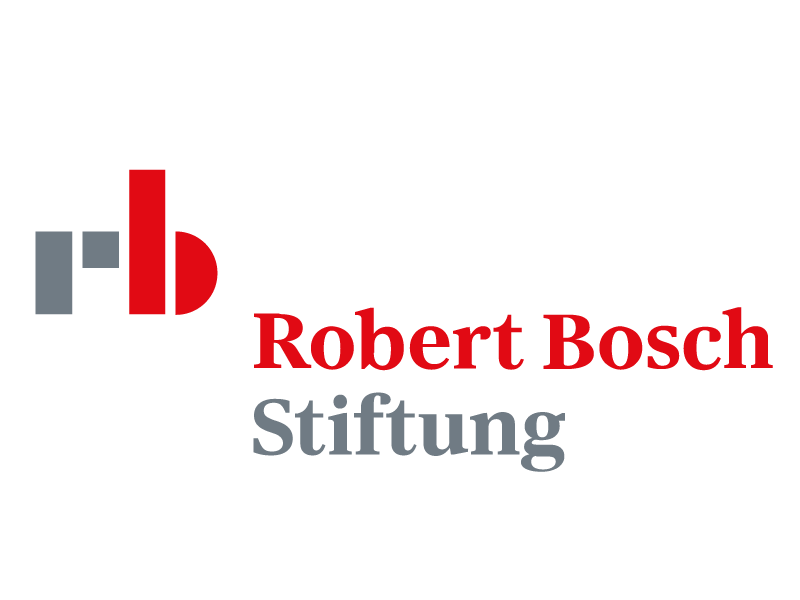 | Robert Bosch Stiftung ongoing |
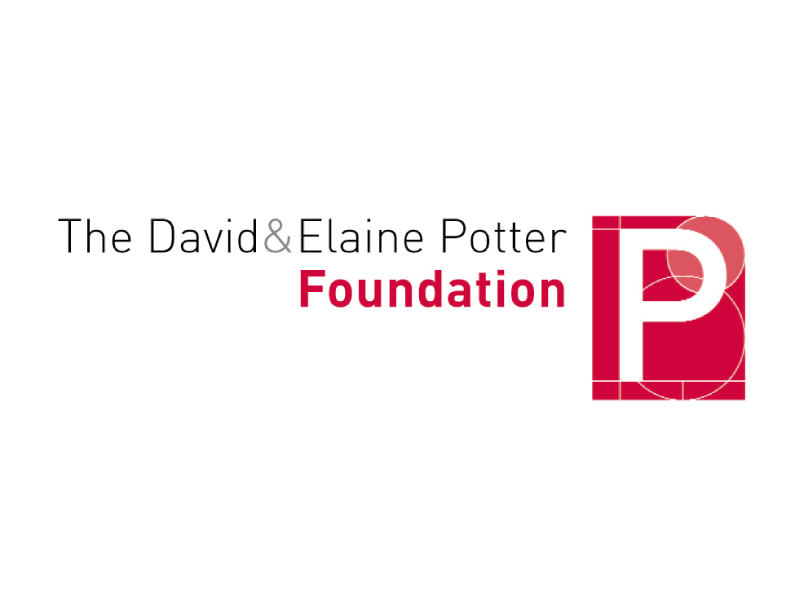 | David and Elaine Potter Foundation ongoing |
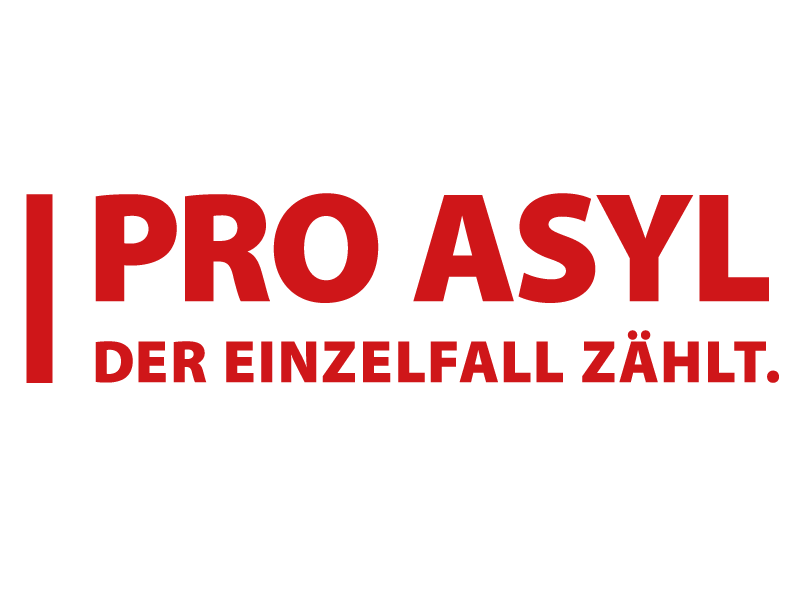 | Stiftung Pro Asyl ongoing |
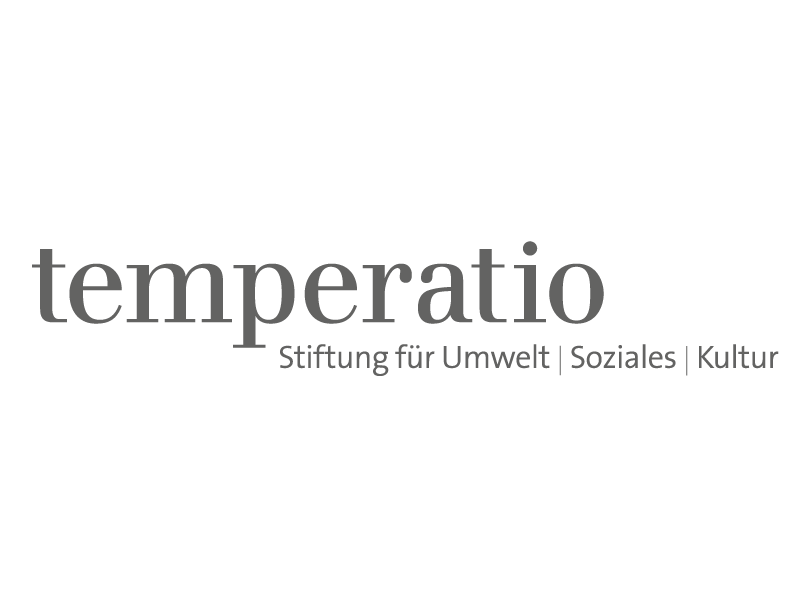 | Stiftung Temperatio past |
